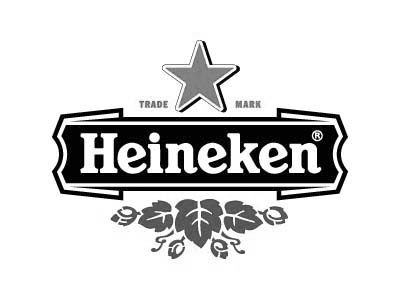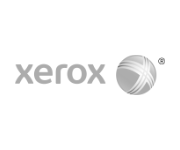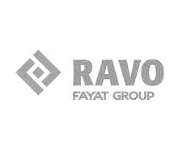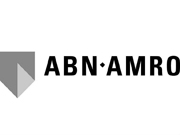Create an open feedforward culture of accountability where employees and leaders feel free to express themselves and hold each other accountable for behavior, goals, and performance. The importance of creating an open feedforward culture of accountability is supported by our scientific research into High Performance Organizations, where we talk about having an open and action-oriented dialogue with each other:
- The dialogue should be open = two-way, allowing for different perspectives; challenging because ‘you often have opinions when it differs from your own perspective’.
- The dialogue should be action-oriented = with a focus on achieving collective results; challenging when individual interests receive a lot of attention.
Do you also want to create a feedforward culture of accountability within your organization? Contact us for more information or to make an appointment with Mrs. Feedforward, Muriel Schrikkema (schrikkema@dir.nl).

WHAT DOES A FEEDFORWARD CULTURE OF ACCOUNTABILITY REQUIRE FROM YOUR ORGANIZATION?
We also clarify why an open feedforward culture of accountability is important and what it requires from organizations, following Lencioni’s model for ‘successfully achieving results together’: Trust is needed to listen to each other’s perspectives in an open dialogue and to dare to engage in debate (‘conflict’). Only when your perspective has been listened to and decision-making is communicated clearly and transparently (with your perspective considered) do you feel involved and are able to hold yourself and others accountable for tasks and responsibilities. Then, you no longer need to exhibit sabotage behavior in terms of: talking about each other instead of with each other, being too nice to each other, being afraid to make mistakes, saying yes and doing no, etc. All this with a view to more successfully achieving the collective result.
“Actually, feedforward is something we, within the management team, are strongly focused on. We are aware that you can’t just roll out such a new open culture of accountability overnight. It takes time, but we are getting there. Step by step.”
Suzanne Verboon – Team Manager RVO
EXAMPLE TRAINING: OPEN CULTURE OF ACCOUNTABILITY
This training is specifically developed for employees and leaders within your organization who want to contribute to shaping an open feedforward culture of accountability. You notice that not everyone always dares to speak out and/or make mistakes and realize that as a result, optimal results are not achieved. During this training, you will get a clear picture of how creating an open culture of accountability within your organization contributes to an even better result, which issues require attention, and what your role (as a manager or employee) can be to positively influence this.
Or visit the Direction website for various customized trainings that we provide around this theme.
COVERED IN THE TRAINING:
- The importance of continuous dialogue.
- We discuss the essential ingredients that contribute to this, and then ask questions for reflection on how these are implemented in the current context, and your team, and what you yourself do and contribute.Are you trustworthy? What do you need from others to dare to hold them accountable? We discuss the ‘Trust Formula’ together and discover how it relates to successfully achieving results: do you prioritize ‘self-interest’ or ‘collective interest’? How to focus more on the latter in your team?
- Conducting an open dialogue with each other and listening well to the perspective of the other is easier said than done. So-called ‘(un)conscious biases’ often get in our way.’Not me’? Yes, you too: a test! Which biases do you recognize? And are there specific biases in your team?
- Positively addressing each other’s behavior and responsibilities seems the only effective way to create an open feedforward culture of accountability. How do you do that effectively? How do you tell the other that they need to improve, from a perspective of positive qualities? We practice addressing each other by giving feedforward.
- What next? On which points will we give each other feedforward in the coming period? When will we meet again as a team to discuss our effectiveness in influencing the culture of accountability through the exemplary behavior we show?
TRAINING OUTCOME:
- Everyone gets a clear picture of how creating an open culture of accountability contributes to even better results and what the important ingredients are for a healthy feedforward culture;
- Everyone reflects individually and from their team membership and becomes aware that they also unconsciously hinder optimal results (by not being optimally trustworthy/giving trust; by having too much ego; by their own biases; by only negatively addressing people or not at all; by not discussing results in terms of behavior, etc.);
- A first practice in giving feedforward is experienced;
- Agreements are made on what we will give each other feedforward on in the coming period and when we will discuss our progress in influencing the open culture of accountability within your organization. Are we showing good exemplary behavior? What can be improved?
Within many profit and non-profit organizations (including RTL, Gasunie, RVO, Ministry of Economic Affairs, Wageningen University & Research, ABN Amro Bank, Municipality of Maastricht, etc.). Do you also want to create an Open and Action-Oriented Feedforward Culture of Accountability within your organization? Contact us for more information or to make an appointment with Mrs. Feedforward, Muriel Schrikkema (schrikkema@dir.nl).







